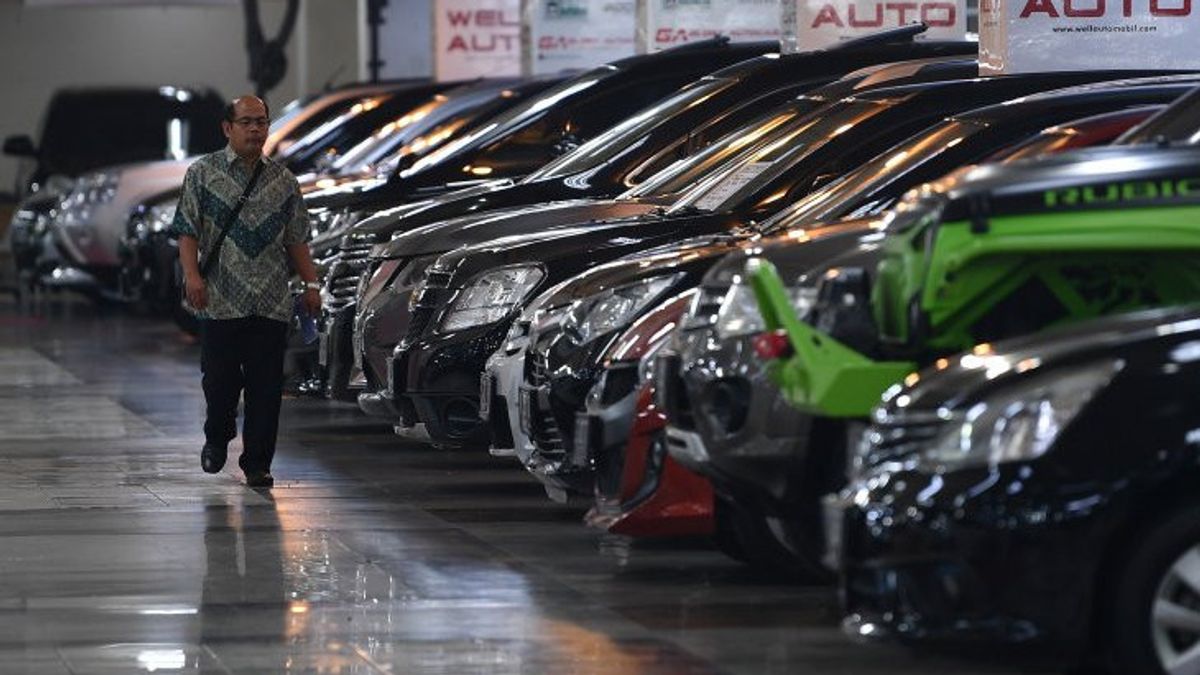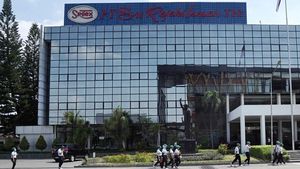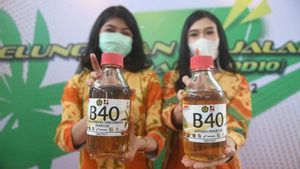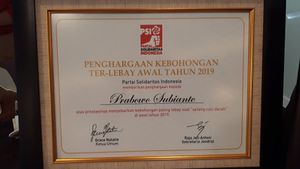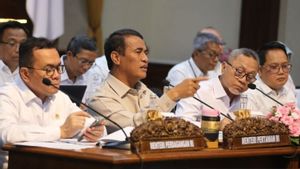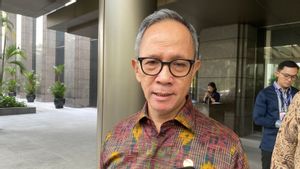JAKARTA The absorption of car production in the domestic market has again entered a normal trend in early 2023 after the government's policy of providing discount incentives on the Sales Tax on Luxury Goods (PPnBM) last year.
This was conveyed by the Minister of Finance (Menkeu) Sri Muyani earlier this week in the presentation of the fiscal realization for the 2022 period.
"The car (sales) really depends on the incentives we gave last year so that now it has entered normal times," he said, quoted on Sunday, January 8.
According to the Minister of Finance, this indication can be seen in the annual car sales data (year on year/yoy) which is only 3.7 percent. Even though the sales figure can reach double digits at the peak in the previous year.
"However, the middle class still has the will to have a fairly healthy consumption," he said.
Different things happen to sales of two-wheeled vehicles, aka motorcycles, which are still in good form. In fact, the relative sales figure has increased since mid-2022 until now it has grown by 26.9 percent yoy.
"This means they have exercised their purchasing power," said the Minister of Finance.
Citing data released by the Indonesian Automotive Industry Association (Gaikindo), it is stated that sales of more than 942,499 cars and four-wheeled vehicles have reached 942,499 units in January-November 2022. This number is only less than 20,000 of the estimated 960,000 units over the past year.
Meanwhile, PPnBM incentives, which previously charged up to 0 percent, have now ended since September 2022. The amount of tax collection returns to normal with a range starting from 3 percent for low-cost green car (LCGC) types.
The English, Chinese, Japanese, Arabic, and French versions are automatically generated by the AI. So there may still be inaccuracies in translating, please always see Indonesian as our main language. (system supported by DigitalSiber.id)
